Top 15 Writing Resources for Bloggers and Webmasters
If you manage a website, whether you’re the owner of a blog or the webmaster of a large B2B or B2C site, you know that featuring good content is just as important as having good functionality and an appealing design. And a significant component of high-quality content—text that brings readers or customers back for more—is clean, clear, correct prose.
To help you produce more effective content, take advantage of these free online writing resources.
Copyblogger
Copybloggeroffers posts full of tips for content marketers. The site also provides site members with access to a number of ebooks that cover such topics as crafting compelling headlines, formatting landing pages that encourage site visitors to go deeper, and how to succeed in email marketing. In addition, it offers free online courses and related resources about creating good content, achieving conversion, producing an effective design, and encouraging more site traffic.
DailyWritingTips.com
This site features thousands of posts about writing and language, ranging from essays about the distinction between similar (or similar-seeming) pairs of words to lists of synonyms for an overused word to discussions of common grammatical and punctuation errors to posts about style matters such as when to spell out numbers and when to use numerals. Subscribers to the site’s daily emails receive a post and a short quiz.
Verb Web Copywriting
Verb Web Copywriting offers website writing and editing for the Australian market but also publishes blog posts about using sites like LinkedIn and Facebook for small-business marketing, tips about improving SEO and keyword density, and blogging and e-newsletter writing in general.
Grammar Tips
Grammar Tips is a section of the Australian website Online Grammar, which also includes a link to register for online writer-training programs (subscription required, but the tips section is free). The section features a bullet-list directory of links to guidance about writing. Brief notes about distinguishing between various pairs of similar words are interspersed with longer entries about such topics as verbs, punctuation, and sentence case and title case.
Grammarbook.com
Grammarbook.com, an online companion to The Blue Book of Grammar and Punctuation, features lessons about topics such as subject-verb agreement, adverbs and adjectives, and the distinctions between who, what, and which, plus tutorials about various punctuation marks. Rules are laid out clearly, supported by examples, and each lesson includes a free quiz. (Additional quizzes are available by subscription.)
Web Wise Wording
Web Wise Wording, the site of Australian website consultant Jana Brech, includes a number of articles with advice about effective online writing and content presentation, including how to apply the journalistic model of the inverted pyramid to front-load important information, how to create personas to represent categories of site users, and how to create a compelling home page.
The Guardian and Observer Style Guide
The Guardian and Observer Style Guide, offered on the website of the US edition of the British newspaper the Guardian, is an extensive alphabetical guide to spelling and capitalizing terms, plus longer entries about various issues such as whether to use the article a or an before a word starting with h and how to style abbreviations and acronyms. Note that the guide largely aligns with British English, so, for example, parentheses are called brackets, e.g. and i.e. are styled without periods, and British English spelling is employed (for example, criticised).
Guide to Grammar and Style
Rutgers University English professor Jack Lynch has long maintained his Guide to Grammar and Style on the Rutgers website, to the gratitude of the multitudes. This encyclopedic online handbook, with liberally cross-referenced entries, is enhanced by a breezy, humorous writing style that nevertheless honors Lynch’s high standards for writing. His entry for ain’t is a quick, clear master class in understanding what writing to an audience is all about.
Learning English
The BBC’s Learning English website is an educational service of the United Kingdom’s premier television channel. Several levels of courses are available to help English-language learners become more proficient, either by following lesson sequences or choosing single lessons as needed. Site visitors can choose from English or five other languages to guide their learning.
Merriam-Webster
Merriam-Webster’s website, based on the dictionary of record for many American publishing companies and other content creators, has search features for a regular online dictionary as well as specialized resources such as a medical dictionary, plus a simplified learner’s dictionary. The site also features short essays and videos about usage.
Oxford Dictionaries Grammar
The grammar section of the Oxford Dictionaries site features an extensive alphabetized guide to grammar that can also be searched by category (for example, “Clauses,” “Nouns,” or “Tenses and Moods”). A section about spelling includes a list of commonly misspelled words and a guide to distinctions between American English and British English spelling categorized by differences in groups of letters such as -ense/-ence. Other sections provide examples of proper punctuation and a chart of differences in usage between the two forms of English (for example, closet versus wardrobe, mailbox versus postbox, and “stock option” versus “share option”). There are also tips for writing various documents such as reviews and cover letters.
Verbix Verb Conjugator
Verbixis a tool that automatically generates case forms for any verb in any one of dozens of common and obscure living and dead languages. For example, typing the basic verb form of video, the Latin word meaning “see,” produces a chart of all the verb forms for the term, including the infinitive (videre), the present participle (videns, videntis), the future participle (visurus), the perfect participle (visum), the gerund (videndum), and the gerundive (videndus) and many more.
The Write Life
The Write Life is a site that offers extensive advice for writers. Posts cover such topics as acquiring a mentor, how to find experts as resources, and how to organize yourself as well as offering advice about improving writing skills. The scope for this site is broad, encompassing not only blogging but also writing in forms ranging from poetry to novels.
Writers Digest
Writers Digest, which exists, as its tagline indicates, to help writers “write better, get published,” publishes helpful articles, most of them geared toward aspiring novelists but many applicable to writers in general. (Visitors can also search for topic-specific articles by writing genre, goal, or level.) Several blogs, a multichannel forum, and writing prompts, as well as extensive educational materials and other resources, are also available.
Writtent
The website Writtent features a blog with posts about strategies to improve SEO and increase site traffic, how to find freelance copywriters, and ideas for tweets and e-newsletters, as well as general content-marketing advice.
Further Reading
More tips for web writers and webmasters are to be found in the following publications
- Writing For The Web: Tips & Common Mistakes We Make
- 9 Simple Tips for Writing Persuasive Web Content
- How to Write for the Web—a New Approach for Increased Engagement
- 39 Writing Techniques That Drive More Conversions from Your Website Copy
- 20 tips on how to write for the Web
- How to write for the web: 23 useful rules
- 13 Warning Signs Your Web Copy Stinks
- How to write more content for your website
Get more to your email
Subscribe to our newsletter and access exclusive content and offers available only to MonsterPost subscribers.

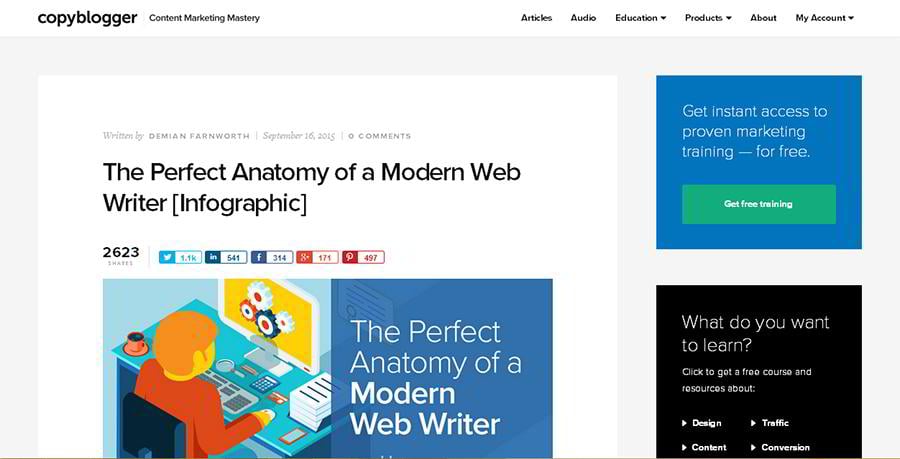
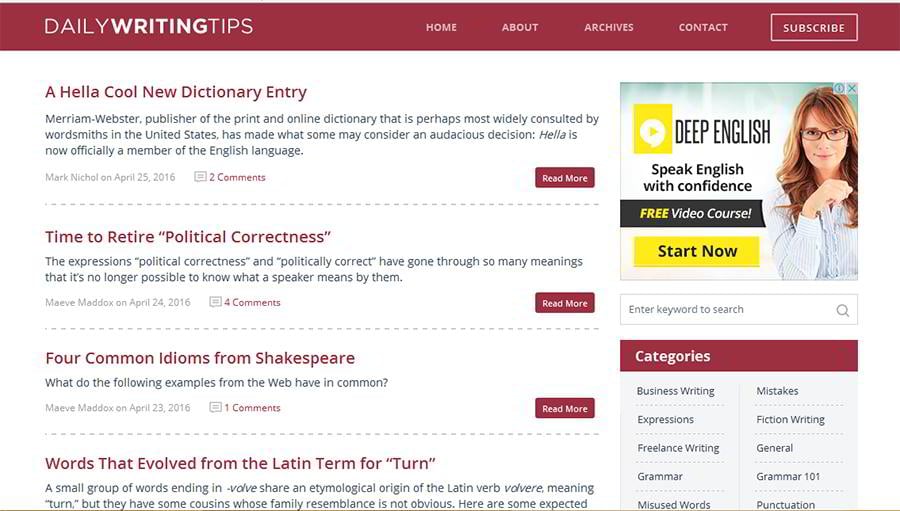
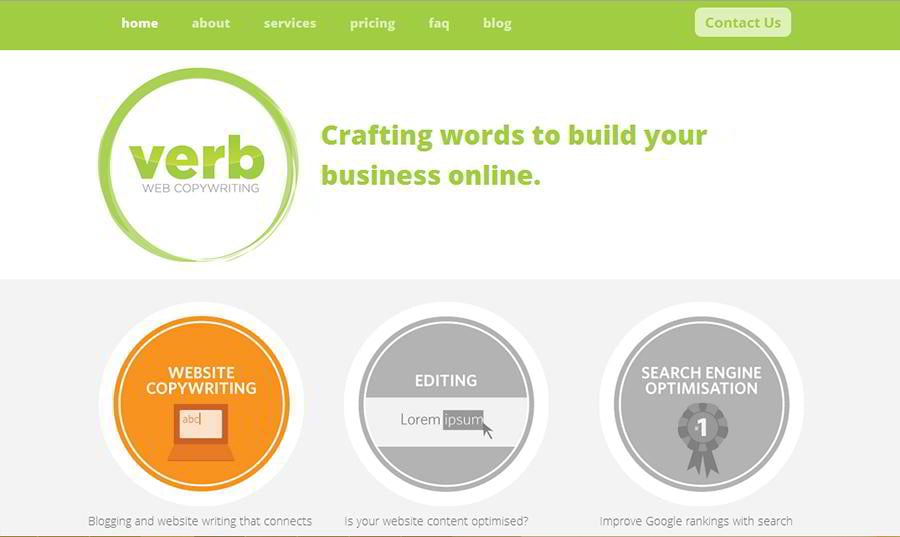

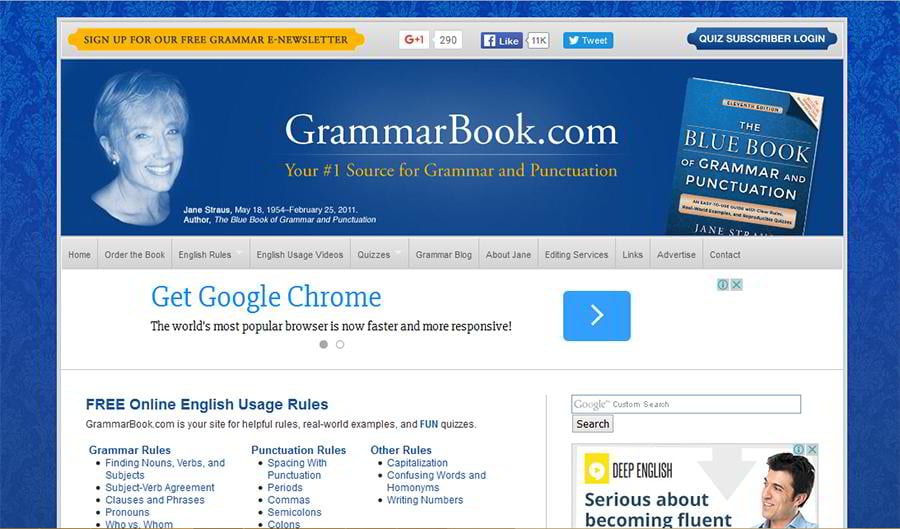


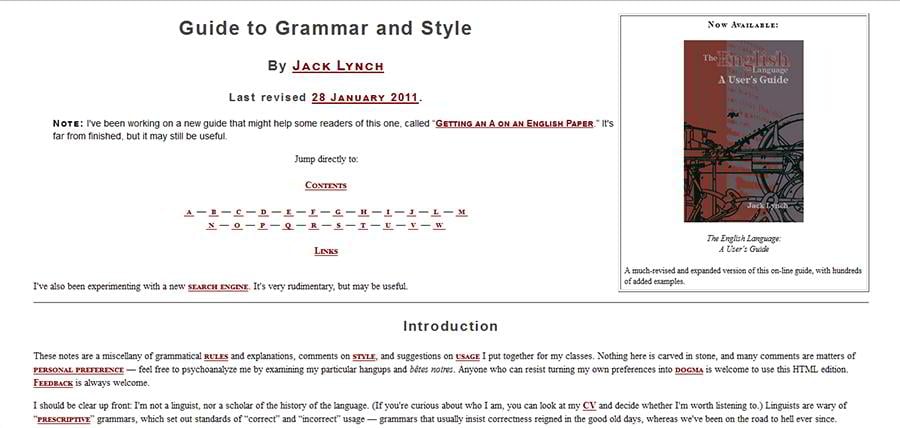

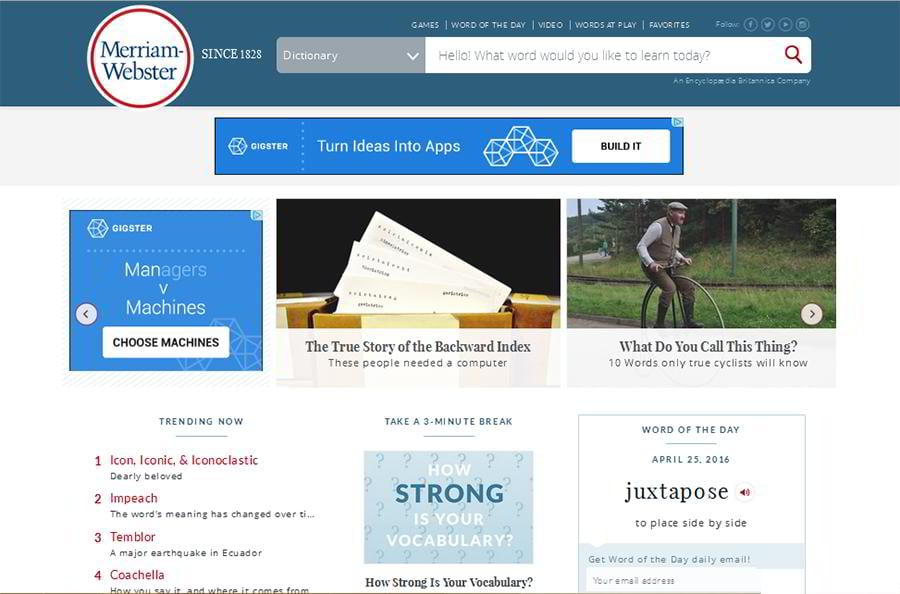
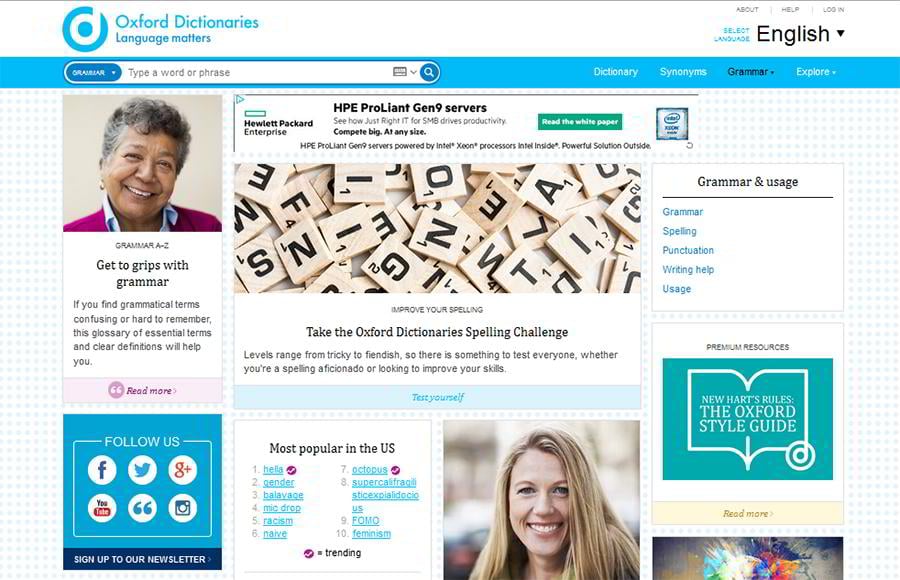
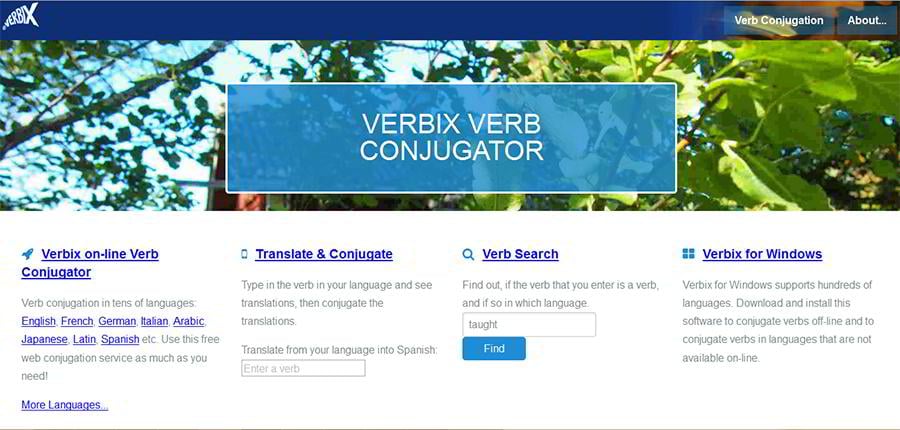
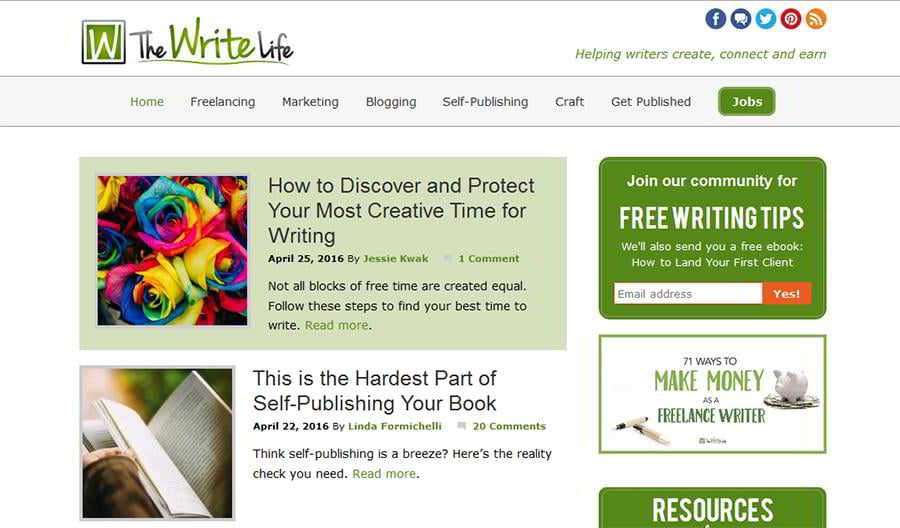
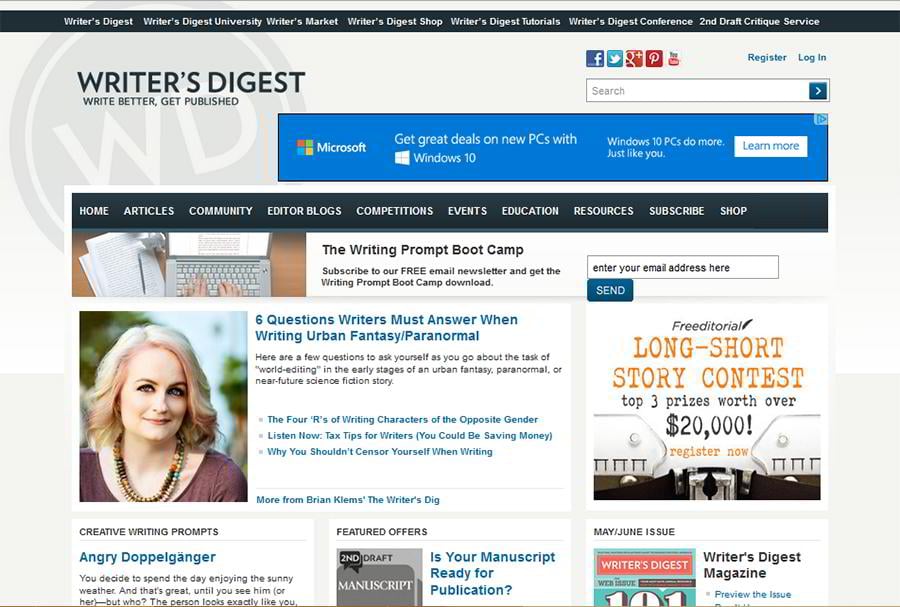
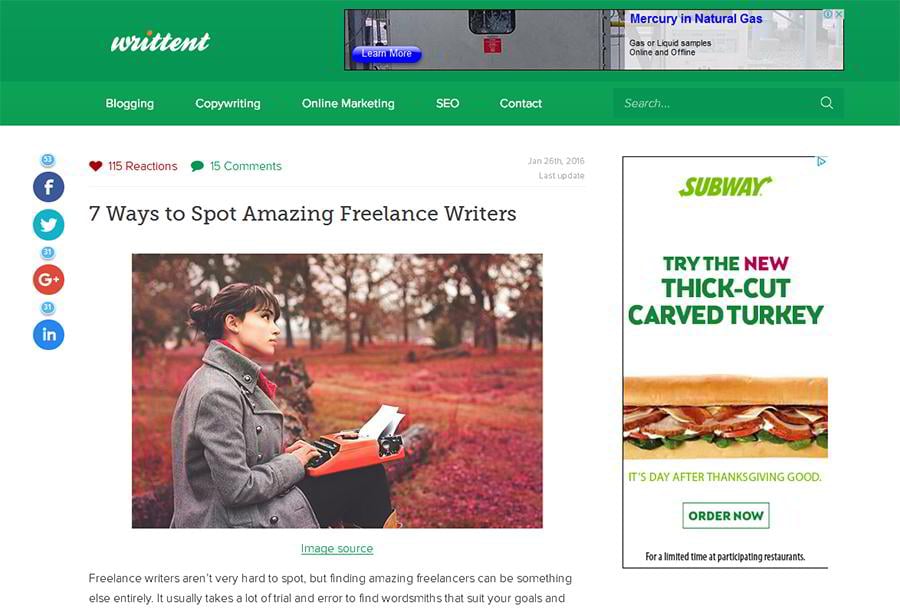
Leave a Reply
You must be logged in to post a comment.